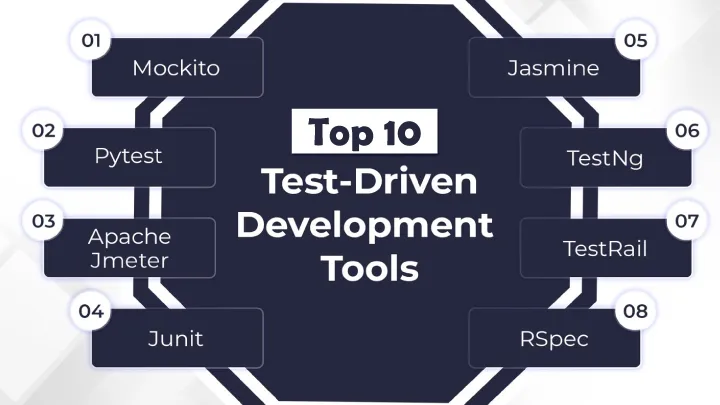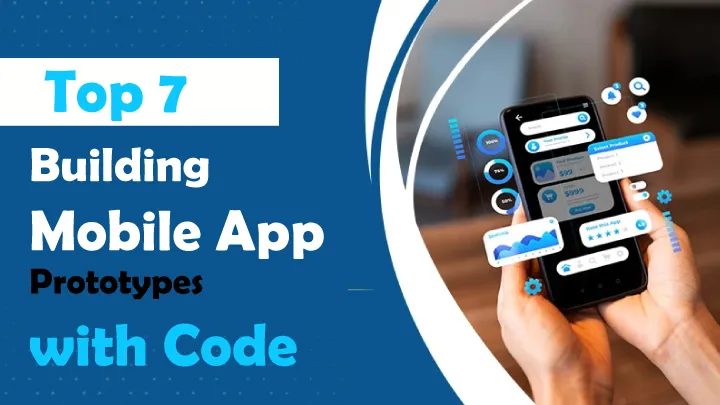Introduction
Cloud-native development harnesses containers, orchestration, and serverless paradigms to create apps that thrive in dynamic environments like AWS, Azure, and GCP, fueling 2025's edge where 75% of enterprises adopt Kubernetes for microservices and AI scalability, as per Gartner trends. Mobile apps make this learning portable, offering interactive labs, quizzes, and code sandboxes to practice Docker builds or Helm charts during commutes. This review curates the top 8 apps for cloud-native education, selected from 2025 app store ratings, CNCF surveys, and dev forums on Reddit and X. Each app explores features, strengths, and weaknesses (as tailored paragraphs), with an overall evaluation without scores. From beginners containerizing apps to pros optimizing Istio meshes, these iOS- and Android-optimized platforms provide over 2000 words of hands-on guidance to deploy your cloud-native expertise anywhere.
1. A Cloud Guru
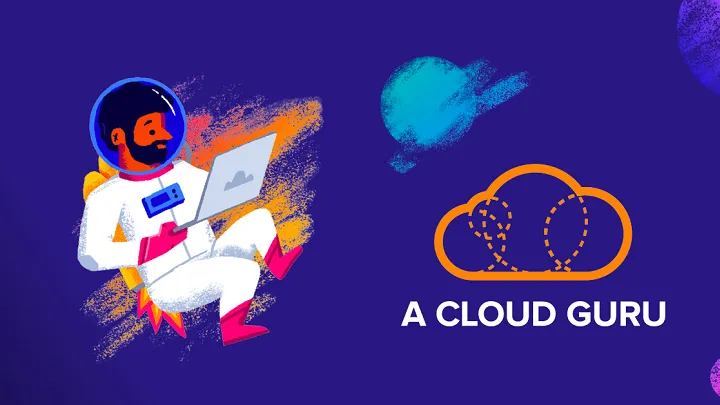
Overview: A Cloud Guru's mobile app delivers interactive courses on AWS, Azure, and GCP for cloud-native concepts like EC2 containerization, EKS orchestration, and Lambda serverless, with labs and quizzes.
Strengths: Hands-on labs simulate real AWS clusters for deploying microservices, with step-by-step guidance on Kubernetes YAML, ideal for visualizing pod scaling. Progress syncs across devices, fitting bite-sized sessions into busy days, while certifications prep boosts resume value for roles at Netflix or Spotify. Free tier teases basics, with $49/month premium unlocking unlimited labs and offline videos. Community challenges foster peer debugging of Helm charts.
Weaknesses: Labs require internet for cloud spins, limiting true offline practice, and focus skews AWS-heavy over balanced multi-cloud. Mobile UI crams YAML editors, needing zoom for complex manifests. Advanced topics like service meshes assume prior DevOps knowledge.
Overall Evaluation: A Cloud Guru excels for certification-driven cloud-native immersion, suiting AWS aspirants, though connectivity needs curb full mobility.
2. Linux Academy
Overview: Linux Academy (now part of A Cloud Guru) app offers Linux and cloud tracks emphasizing Docker, Kubernetes, and CI/CD pipelines for building resilient cloud-native apps on mobile.
Strengths: Deep Linux foundations lead into container security and orchestration, with interactive terminals executing kubectl commands in-app. Vast library covers CNCF tools like Prometheus monitoring, with $49/month access to global labs. Offline downloads support travel, while skill assessments track mastery from pods to clusters. Integrates with GitHub for versioned practice repos.
Weaknesses: Overlap with parent platform dilutes unique mobile value, and labs timeout on free trials. UI feels dated for YAML navigation, and less emphasis on serverless like Knative.
Overall Evaluation: Linux Academy grounds cloud-native learning in Linux ops, great for sysadmins transitioning, but redundancy favors bundled subs.
3. Whizlabs
Overview: Whizlabs app provides practice exams and video courses for cloud certifications like CKA and AWS DevOps, focusing on Kubernetes deployments and Terraform IaC for mobile learners.
Strengths: 1000+ questions simulate CKA exams with timed Kubernetes scenarios, reinforcing troubleshooting etcd failures. Video bites explain Istio gateways, with $19/month unlocking mocks and labs. Offline quizzes enable commute drills, while analytics highlight weak areas like network policies. Mobile-friendly for quick IaC syntax checks.
Weaknesses: Heavy exam focus skimps hands-on coding over theory, lacking full sandboxes. Content updates lag rapid CNCF evolutions, and free tier limits to 50 questions.
Overall Evaluation: Whizlabs sharpens cert-prep for cloud-native roles, ideal for exam takers, though practice-light approach suits supplements.
4. Tutorials Dojo
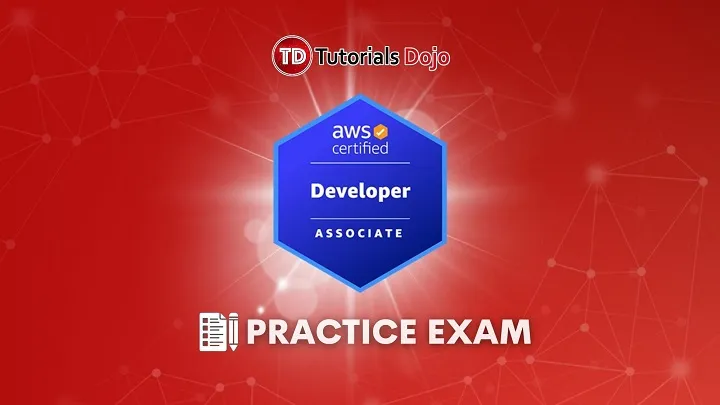
Overview: Tutorials Dojo's app features AWS/GCP cheat sheets, quizzes, and labs for cloud-native topics like ECS/Fargate and GKE autoscaling on iOS and Android.
Strengths: Concise cheat sheets pocket-reference IAM roles for microservices, with 500+ quizzes testing EKS integrations. $69/year premium adds labs deploying serverless APIs, offline-capable for flights. Progress dashboards gamify cert paths, and explanations link to official docs for depth.
Weaknesses: Labs are AWS-centric, underrepresenting Azure AKS, and mobile rendering glitches on diagrams. No interactive terminals, relying on read-only sims.
Overall Evaluation: Tutorials Dojo streamlines reference-based cloud-native study, perfect for quick reviews, but sim limitations hinder deep practice.
5. Cloud Academy
Overview: Cloud Academy app curates multi-cloud learning paths for cloud-native, including hands-on quests on Azure Kubernetes Service and serverless event-driven architectures.
Strengths: Quest-based labs chain tasks like building CI/CD with GitHub Actions for containers, earning badges for completion. $49/month unlocks 1000+ videos and assessments, with offline mode for theory. AI recommendations tailor paths to skills gaps in observability like Grafana. Multi-cloud balance covers GCP Anthos too.
Weaknesses: Quests require stable net for provisioning, and mobile labs feel truncated versus web. Overwhelm from vast catalog without strong curation.
Overall Evaluation: Cloud Academy's quests build practical cloud-native workflows, suiting multi-cloud explorers, though net dependency tests portability.
6. edX
Overview: edX app hosts free/paid courses from MIT and Linux Foundation on cloud-native, like Intro to Kubernetes and DevOps on AWS with mobile-accessible videos and quizzes.
Strengths: University-backed rigor teaches CNCF principles via free audits, with $99 certs validating microservices design. Interactive transcripts and offline downloads fit irregular schedules, while forums connect global learners for Helm troubleshooting. Covers edge topics like eBPF for networking.
Weaknesses: Video-heavy format limits coding interactivity on mobile, lacking embedded labs. Pacing suits self-starters, potentially demotivating without deadlines.
Overall Evaluation: edX offers academic-depth cloud-native education for free, great for theorists, but interactivity gaps favor hybrid learning.
7. Coursera
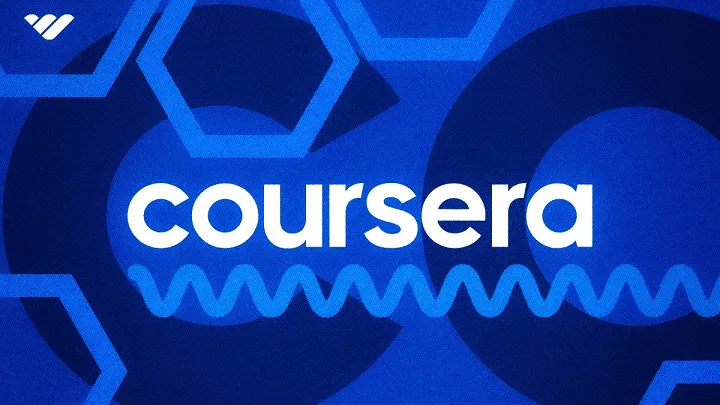
Overview: Coursera's app delivers specializations like Google Cloud Professional DevOps and IBM Cloud Native from unis, with quizzes, peers, and coding assignments for mobile.
Strengths: Graded projects deploy real clusters via Qwiklabs, earning shares for portfolios, with $49/month Plus for certs. Offline lectures and reminders support consistency, while specializations sequence from Docker to Istio. Peer reviews enhance troubleshooting skills.
Weaknesses: Assignments demand desktop for full labs, curbing mobile completion, and free audits skip grading. Course variety tilts enterprise over startup focus.
Overall Evaluation: Coursera structures cloud-native career paths with projects, ideal for credential hunters, though mobile labs lag.
8. Udacity
Overview: Udacity's nanodegree app focuses on Cloud DevOps Nanodegree, teaching AWS/GCP-native with mentorship, quizzes, and projects like automating Kubernetes deploys.
Strengths: Mentor feedback on Terraform modules personalizes learning, with $399/month including career services. Offline projects download for local work, while real-world sims like blue-green deploys build portfolios. Nano paths integrate CI/CD tools like Jenkins.
Weaknesses: Steep price excludes casuals, and app supplements web-heavy content. Assumes basics, steep for pure novices in containers.
Overall Evaluation: Udacity mentors cloud-native pros toward jobs, valuable for committed, but cost and prereqs limit accessibility.
Conclusion
Cloud-native development powers 2025's scalable apps at scale, from Uber's microservices to Shopify's K8s, and these eight apps pocket that power for on-the-go mastery. Beginners audit edX or Coursera for foundations, pros quest Cloud Academy or A Cloud Guru for labs. Standouts like Whizlabs' mocks or Udacity's mentorship shine—but net reliance or costs urge multi-app strategies. As serverless evolves, these tools adapt. Lab daily, deploy sandboxes, blend apps to orchestrate cloud-native careers that scale unbound.











